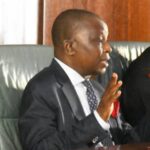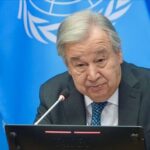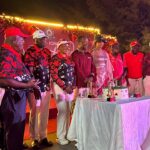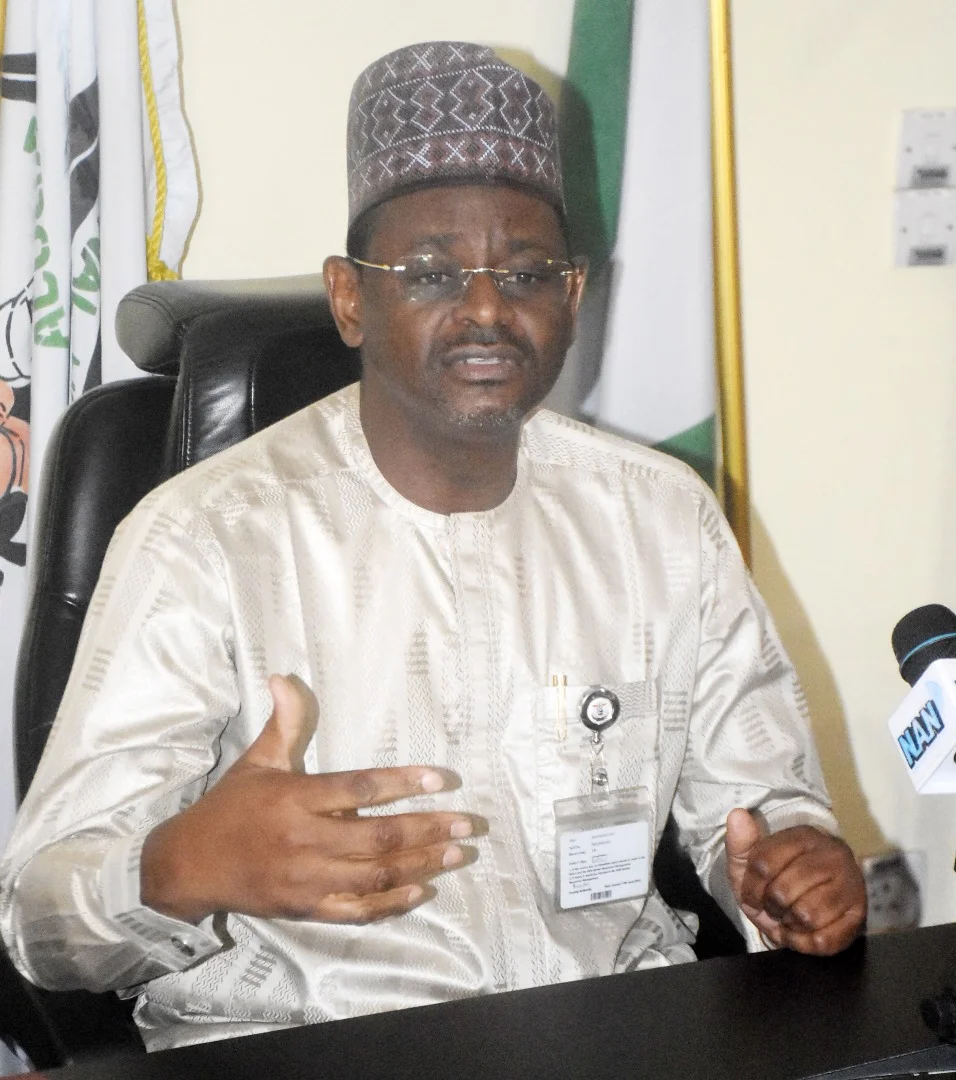By Folasade Akpan
Prof. Muhammad Raji, Chief Medical Director of the National Hospital, Abuja, on Sunday dismissed allegations that the facility was fond of turning back patients in critical conditions.
“The National Hospital doesn’t reject patients. It cannot do that,” Raji told the News Agency of Nigeria (NAN) in an interview in Abuja.
He added that as a medical director of any public hospital in Nigeria, one is expected to receive many of such reports.
He highlighted possible situations that could give rise to such allegations.
“Sometimes, when a patient is brought in and rushed to the emergency ward, it may be filled up.
“The hospital caters for not only the Federal Capital Territory (FCT), but all the surrounding states and the whole nation, so demands may exceed the capacity of its emergency room.
“It means it may not be able to cater for the population that may come in at a time.
“You should also remember that we bear the burdens from other hospitals as well as when they refer patients to us.
“There are times that these patients may come and there are no bed spaces available, especially during festive seasons.
“When this happens, we try to place a call to sister hospitals to see if there are spaces and then refer them, but people will complain because they always prefer to stay in the National Hospital.
“However, when it comes to the issue of trauma, our hospital is the first that established the National Trauma Centre.
“The centre never sends away patients even if the hospital is full; we have created areas that we call triage areas. They are expandable areas where we can accommodate a number of patients.”
Raji said that though the hospital collects fees, patients still access care without making payment and would still be treated.
He added that during emergencies, millions of Naira would have been expended and no one would ask them for any money up till the time they are stable enough to move to the ward.
“When they go there, they spend the number of days they need to, some of them to the Intensive Care Unit where each day will cost millions of Naira, but at the end of it, patients may not have the money to pay.
“Sometimes, nobody even comes to identify the patient and talk less of paying the bills, but we will have to let the patient go.
“We waive millions of Naira everyday here, but you will never hear the good side of what we do, it’s only when there is a complaint that it is taken over and blown out of proportion, sometimes with a lot of lies built into it.
“Every single day, workers of the hospital do so many heroic things that people never hear of.”
On pharmacy always lacking drugs, he said that in most government hospitals, there were issues with the pharmacy.
According to him, people think that there is a budgetary release for the pharmacy and expect that when they go to a public hospital, medications should be relatively free or very cheap compared to outside.
“That is not so as the government does not give any budgetary allocation for pharmaceutical drugs.
“It is what the hospitals are able to make that they are now able to procure those medications with.
“What happens is that when you procure a medication as a hospital, you are supposed to pay the contractor or the vendor after sales are made from patients.
“Unfortunately, you have this money coming in trickles. You may supply medications for, say N10 million, and then patients will not come in one day to buy these medications.
“They come in trickles and as they come in trickles, there are also some other needs of the hospital.
“One particular need is power (electricity). If you spend one week here, there will not be a power outage for more than five seconds, the most it will push would be half a minute.
“That means when the grid goes off immediately the generators are put on.”
The CMD said that the hospital has huge generators that consume large amounts of diesel and that every month it spends about N100 million on power which is not allocated for, in the budget.
“It has to be from that money that you get from here and there and if the power is not on, you may lose patients in the intensive care unit who are on ventilators.
“You may also lose children that are in the incubators or precious babies on assisted delivery.
“So, you cannot afford to stay without power. You have to get money from the pharmacy or from wherever to pay for electricity.
“Unless you have some more money coming in, you may not have enough money to pay those contractors on time.
“When that happens, these contractors eventually would say since you have not been able to pay me on time, they also will not be able to supply your medications until you pay; so, there is that delay.
“However, with this new administration, we have sat down to restructure things starting from January 1; with that restructure, come back by February, you will see that things are likely to change.” (NAN)
Edited by Ephraims Sheyin












